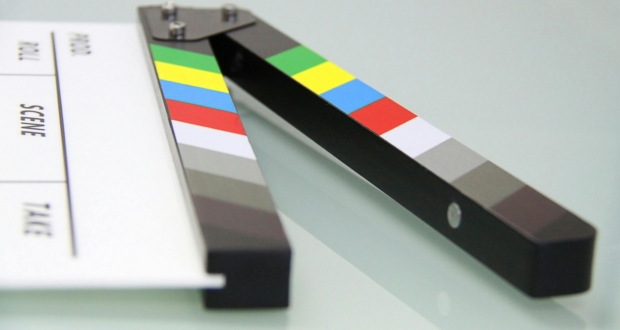You may have read about how celebrities are always being spotted using bare phones without protective cases, and that many other people are doing the same as a kind of status symbol. Apparently, some people think it’s no big deal if they break their phone because they have enough money to buy a new one.
However, when you see movie characters using phones without cases, it’s for a much different reason. Real people need protective cases, but movie characters are different. No matter what kind of phone they’re sporting, it all boils down to marketing.
Movies make big money on product placement
The short answer is that smartphones make appearances in movies without cases because the manufacturer has paid for those appearances. It’s called product placement, and it’s been happening for decades. If phones had cases in the movies or on television, the brand’s name and logo would be covered, and that would defeat the purpose. If cell phones had cases in movies, few people would know what kind of phone was being used.
If you’ve ever noticed some movies prominently display certain brands, like clothing or products, it’s because that brand has paid good money for that cameo. For example, when people drink Pepsi at a party, you know Pepsi paid to have their soda featured in that scene. If Coca-Cola offered more money for the placement, you would see cans of Coke during that scene.
Smartphone manufacturers frequently pay for product placement in movies, and it’s not just limited to Samsung and Apple, although most phones you’ll see on the big screen are iPhones and Galaxy devices. In fact, Apple has the most product placements in movies and on television shows, which means they spend the most money on this type of brand recognition marketing. The brand that comes in second is Coca-Cola, but there’s no comparison. Apple products are placed in movies and television shows 83.6% more often than even Coca-Cola.
Samsung has taken product placement even further
In addition to showing up in movies and television shows, Samsung has started integrating the use of their phones into the plot itself, which does more than just flash a Galaxy device in front of viewers. It gets the audience used to seeing the devices and hearing the name of the device over a long period of time. This is effective, but it undercuts the ability to write scripts and dialogue that is highly entertaining. When the dialogue becomes about the product being marketed, it cheapens the experience, and turns a production into a glorified commercial.
Product placement supports profitability
Samsung and Apple are no strangers to the profitability of brand recognition through product placement. Not all forms of advertising need to immediately convert prospects into sales to make it worth the cost. For example, it’s common for brands to spend hundreds of thousands of dollars for product placement in movies because it’s all about staying relevant in people’s minds and being the brand people think of first when they need whatever products the brand manufactures. The more iPhones that show up in movies, the more people will associate the iPhone with the cell phone of choice, which means when it’s time to upgrade their device, they’re likely going to go with Apple.
Some brand placements in movies don’t even need to be long or that visible. The human brain takes in information even when a person isn’t intentionally focused on that piece of information. Whatever is in a person’s peripheral vision gets considered by the brain, and that’s why quick product placements work so well. As long as the brand is visible, it will be seen.
Where cell phones are concerned, with the exception of showing the phone close up while in use, most phone brands are recognizable only when the cases have been removed. Even if a character only uses their phone for a few seconds every so often throughout the movie, it’s enough. Furthermore, when a character uses an iPhone while reciting dialogue or performing actions of a positive nature, it’s more likely to make people associate the iPhone with those positive actions.
Smartphone companies know what they’re doing
When smartphone companies pay good money to have their phones featured in movies or television shows without cases, they know exactly what they’re doing. Their only goal is to get their product seen as much as possible, and influence consumers to buy their brand. For product placement to work, their phones can’t be protected by a case.





















